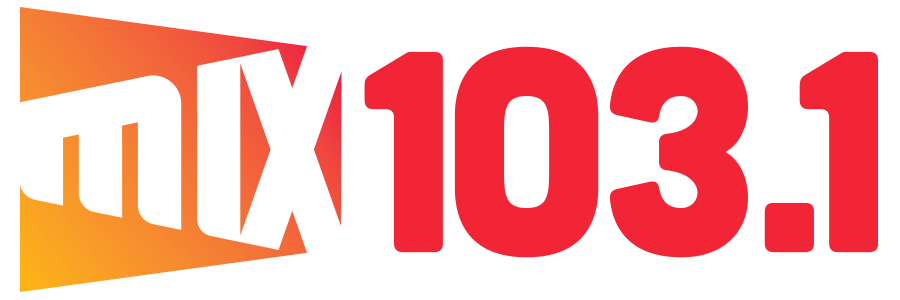Alaska governor outlines plans for addressing virus surge


ANCHORAGE, Alaska (AP) — Alaska this week reported its highest daily number of resident COVID-19 cases so far this year as health officials struggle to keep pace with testing and contact tracing and hospitals juggle a surge in patients with staff shortages and admissions for other conditions.
Gov. Mike Dunleavy and members of his administration on Thursday announced plans aimed at increasing staffing to help with COVID-19 cases, including speeding the licensing process for health care workers and seeking federal contracts for more workers, the Anchorage Daily News reported.
The state’s chief medical officer, Dr. Anne Zink, said hospital staffing is a concern.
Alaska reported 701 resident COVID-19 cases on Thursday, one of the highest daily rates since the start of the pandemic. That number may be lower than the real number of infections, health officials said, because of testing and contact tracing backlogs.
According to the state hospital association, hospitalizations of patients with COVID-19 are nearing pandemic highs. Combined with staff shortages and busy summertime admissions, Alaska’s health care system faces the threat of being overwhelmed, providers and state officials said.
Health care providers are deciding which patients get intensive care unit beds and are struggling to transfer severely ill patients to other overwhelmed facilities.
“As far as we’re concerned, the crisis we have been warning about is here,” said Jared Kosin, president and CEO of the Alaska State Hospital and Nursing Home Association. “And we need to act like that. It looks like it’s going to get a lot worse.”
Health care officials have urged Alaskans to get vaccinated and to wear masks indoors to slow the spread of the highly contagious delta variant. Health care providers have said that most of the severely ill COVID-19 patients have been unvaccinated.
Dunleavy, a Republican, told reporters Thursday that Alaskans should talk to their doctors about getting vaccinated “if that’s what they want to do.”
“We know what we need to do. People know what they need to do,” Dunleavy said. “They need to have conversations with their doctor and make a decision, if that’s what they want to do. If they don’t, then they have to understand that they run the risk of getting infected, especially with this variant that is highly contagious.”
Asked if that is an effective way to encourage vaccination, Dunleavy said, “This isn’t North Korea. You don’t dictate to people how they live their lives.”
“I think it’s the best strategy. It’s 2021. This isn’t some place in Europe in 1939. You have conversations with folks. … You have conversations with your doctors. You have conversations with your friends … People aren’t stupid,” he said.
Dunleavy was infected with the coronavirus in in February. His office has said that Dunleavy decided to be vaccinated in June.
State health officials have that said that 54% of Alaskans 12 or older are fully vaccinated.



